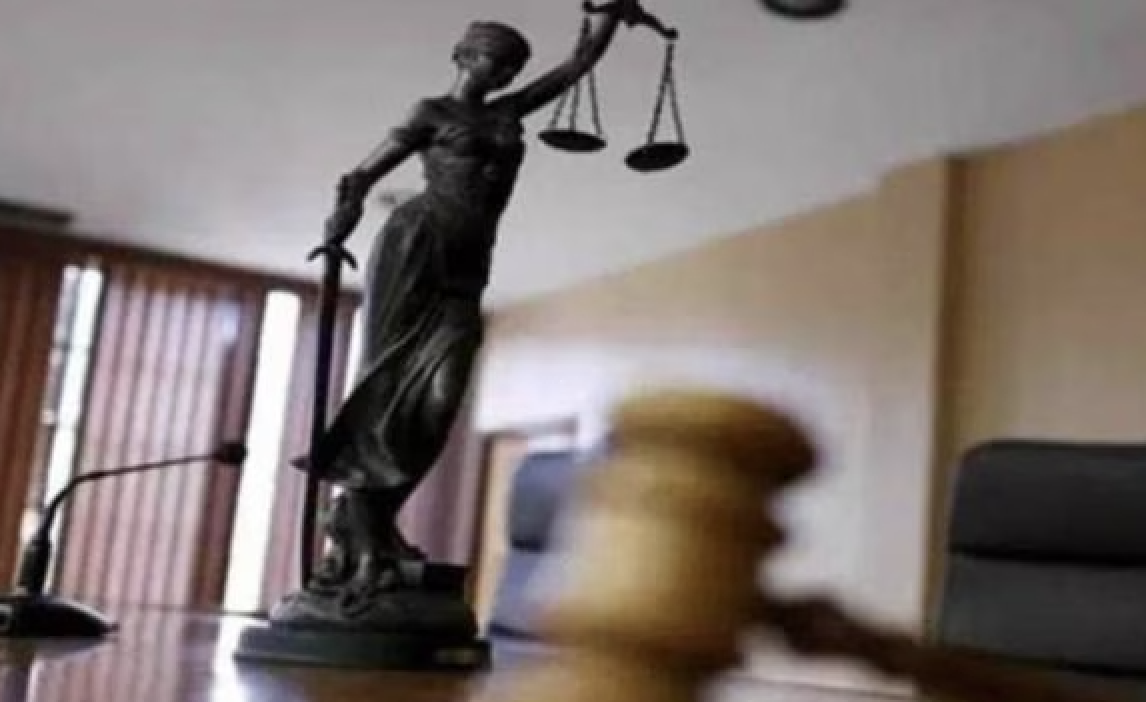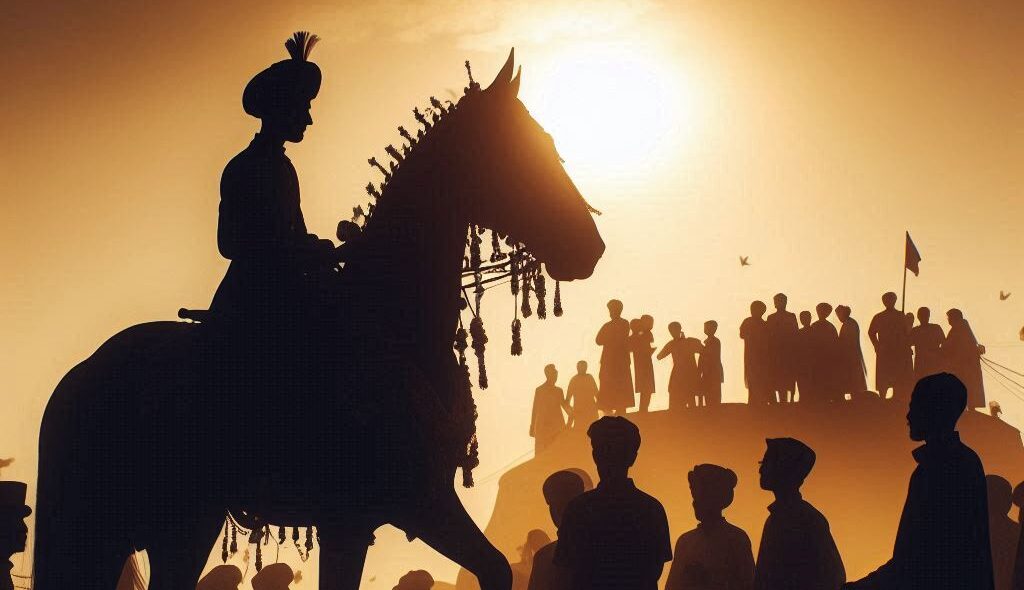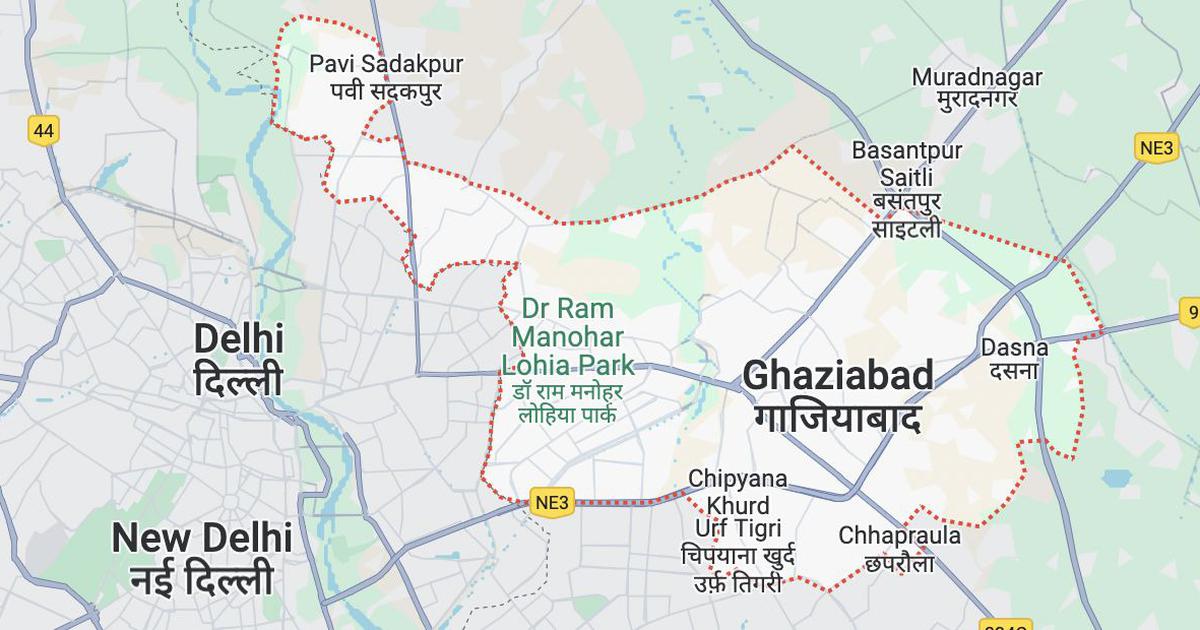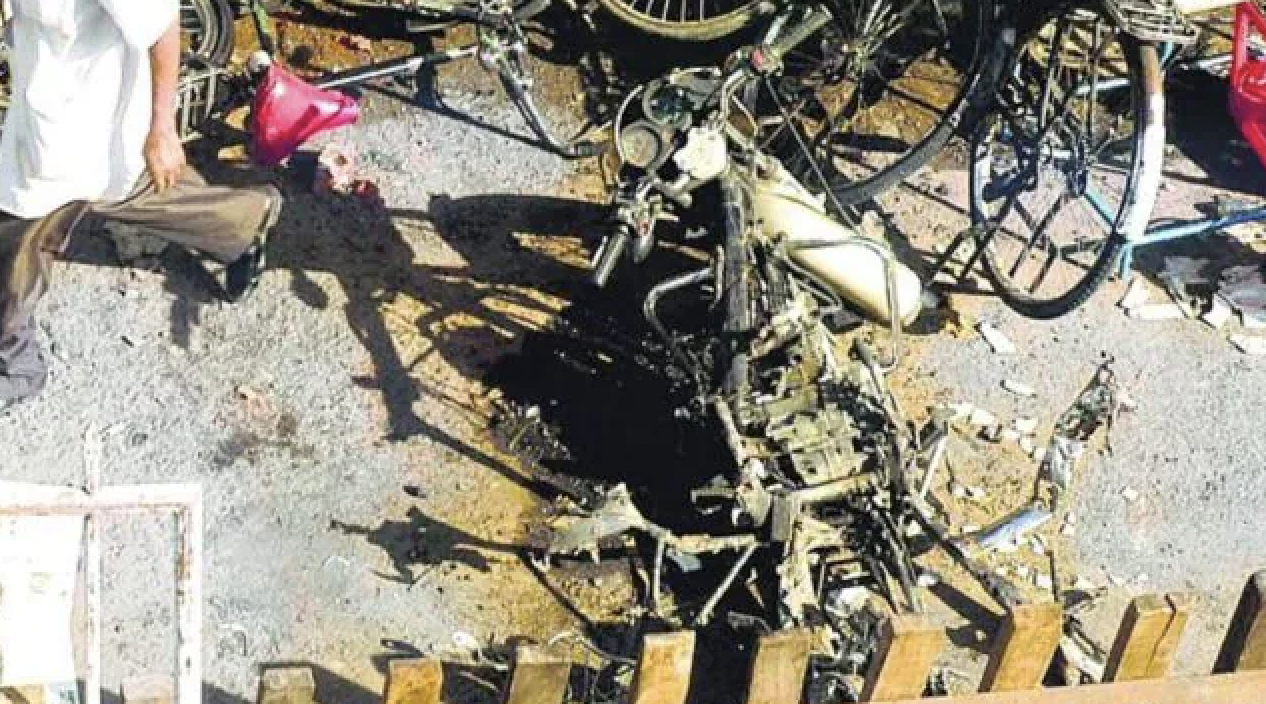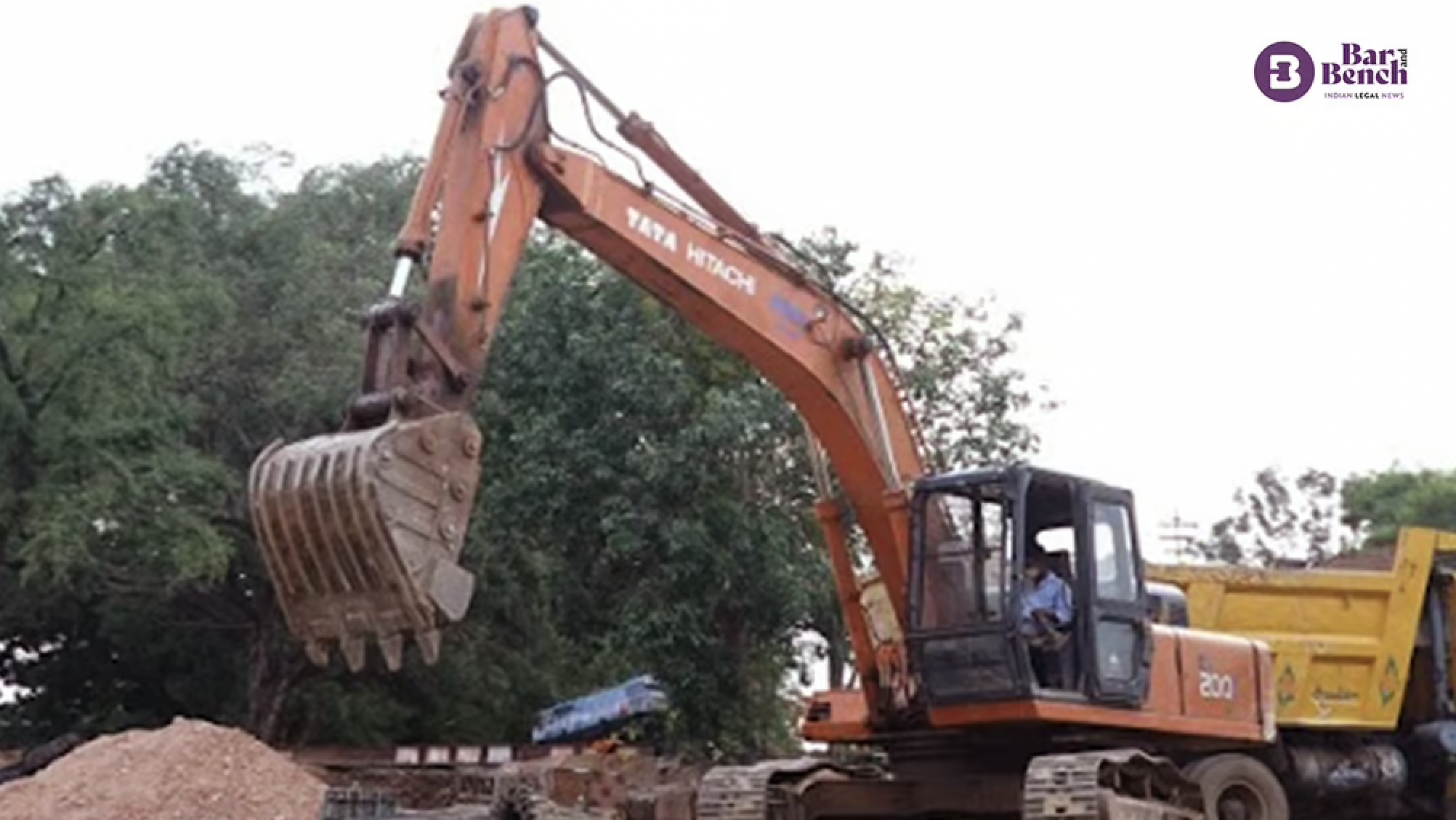
By Ayush Tiwari
Last month, the Supreme Court called a halt to the demolition of properties of those accused of any crime – a policy used by several Bharatiya Janata Party state governments to punish anyone at will, especially Muslims. With the court poised to lay down guidelines for such demolitions, Scroll’s reporters went back to several victims of “bulldozer injustice” to document the toll of state action on their lives.
Javed Mohammad remembers staying up late into the night, more than two decades ago, to pour water on the bricks that made up the foundation of the house he was building. The more the water, the stronger the structure. The house was complete by 2005, and, over the next decade, Mohammad put his savings together and built another floor.
His home of eight rooms was spread over 200 square yards in Prayagraj’s Kareli locality, built on land gifted by Mohammad’s father-in-law.
It was not to last. In June 2022, bulldozers of the Prayagraj Development Authority rolled into the neighbourhood and demolished the house. The family was not at home: Mohammad had been whisked away to the city’s Naini jail a day before, and his wife and one of his daughters had been detained at the Civil Lines police station.
“It felt like a member of the family had passed away,” recalled Mohammad, 58, a former sales manager who doubles as a social activist.
Between April and June 2022, Amnesty International reported on 128 such demolitions in five states ruled by the Bharatiya Janata Party, affecting 617 people, mostly Muslim, either turning them homeless or leading to the loss of jobs. In all cases, the properties belonged to those accused of crimes. There are no provisions in Indian law that allow for such punitive demolitions.
This story was originally published in scroll.in. Read the full story here.


